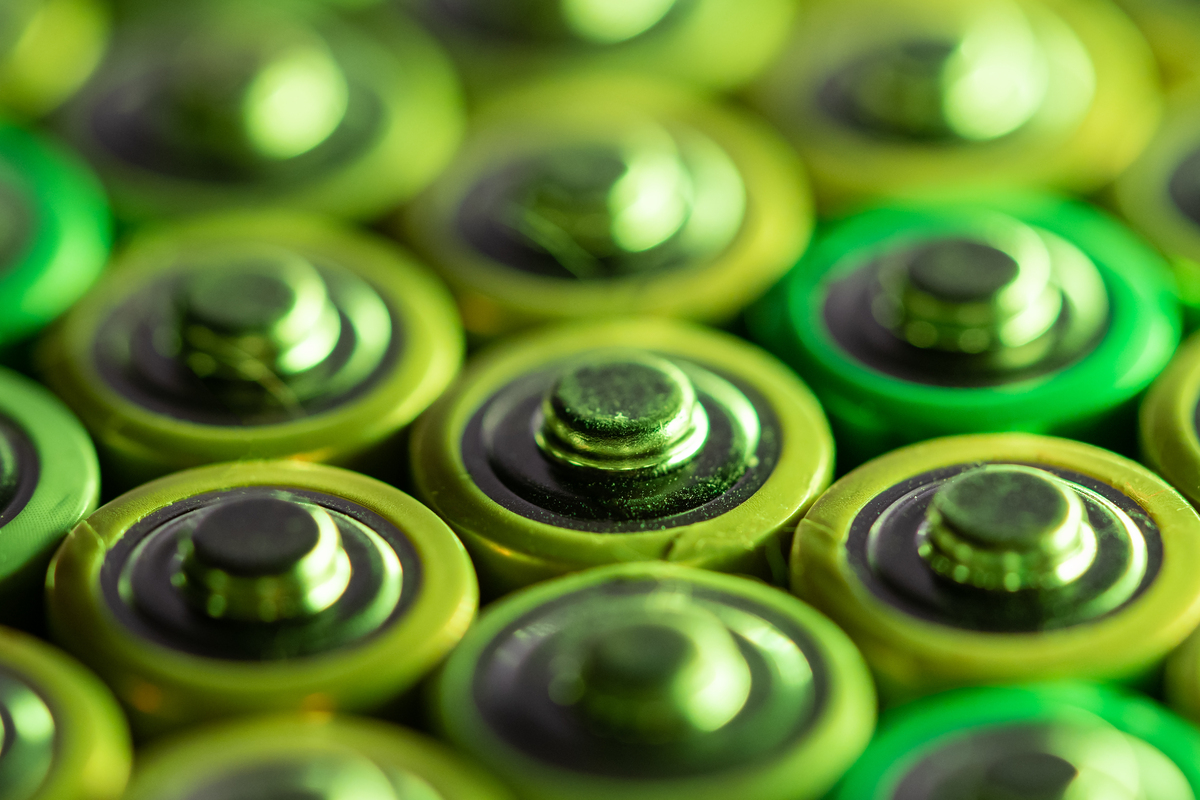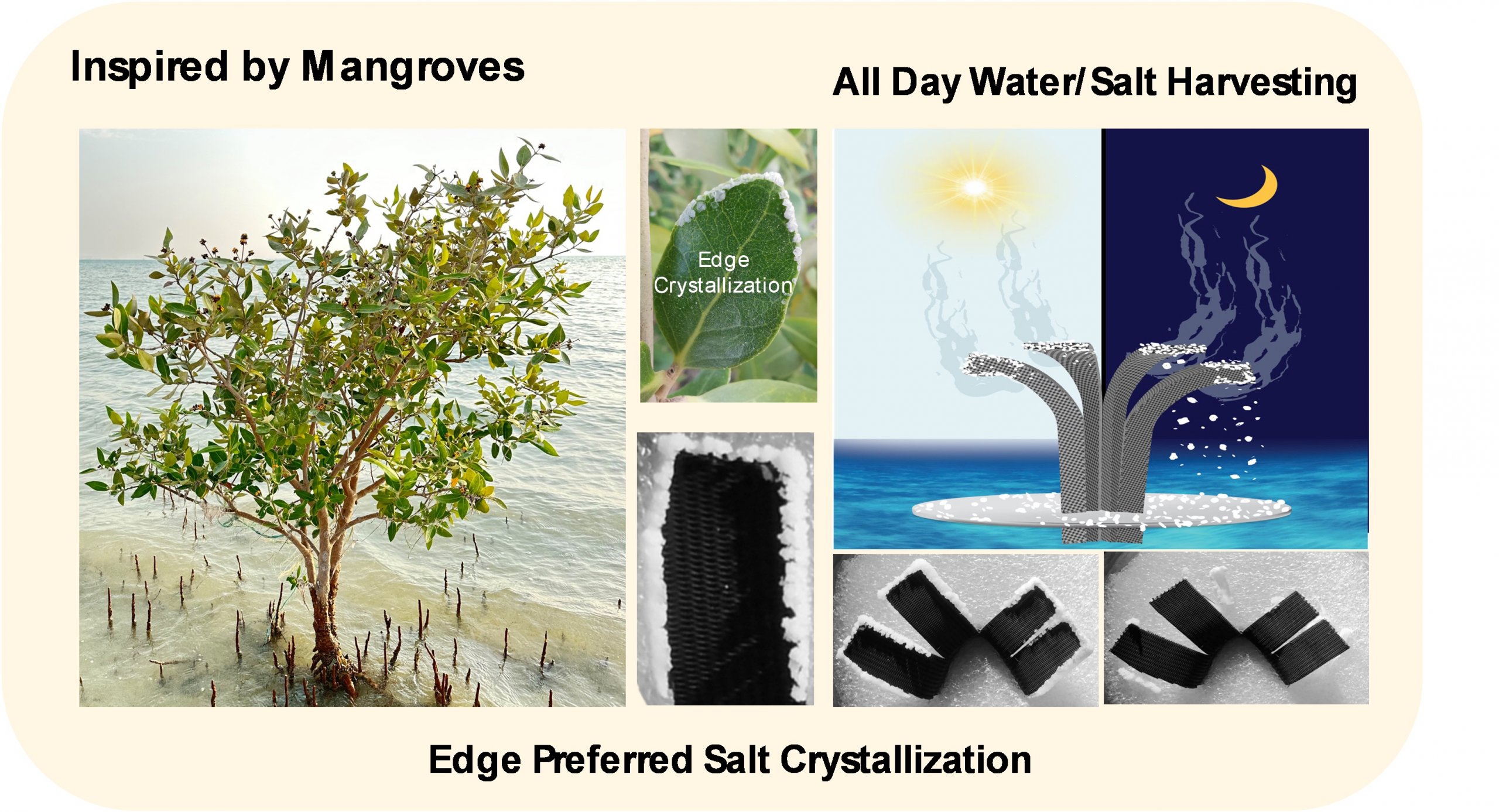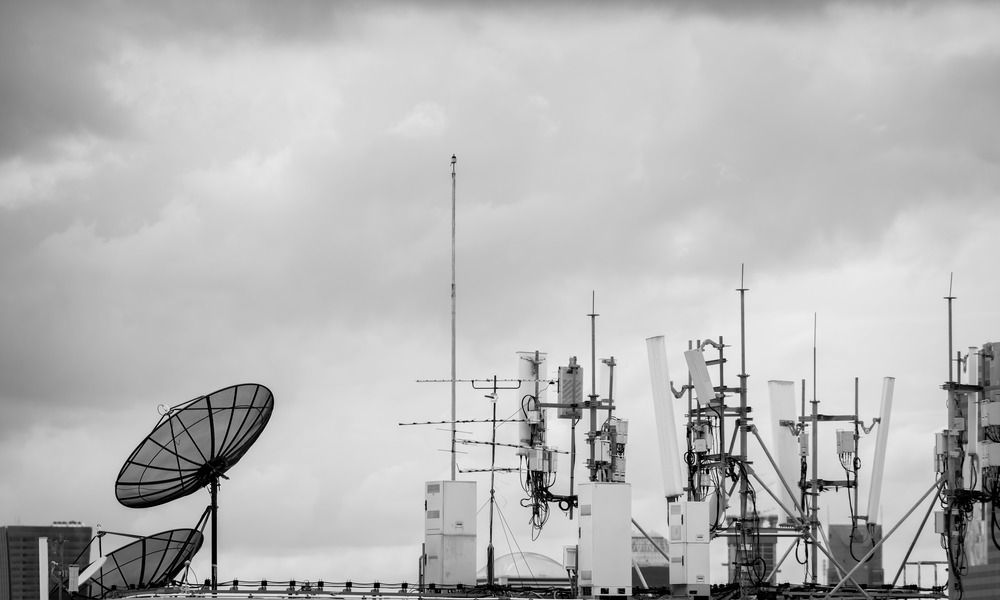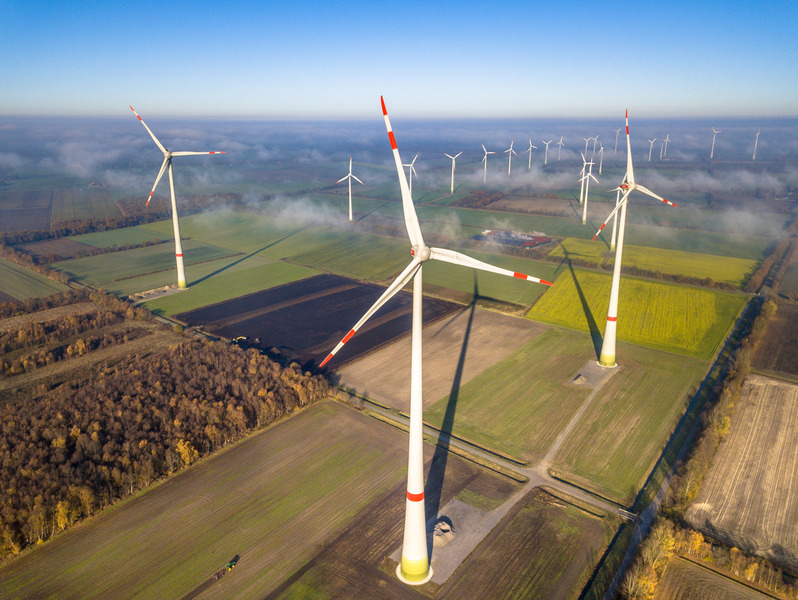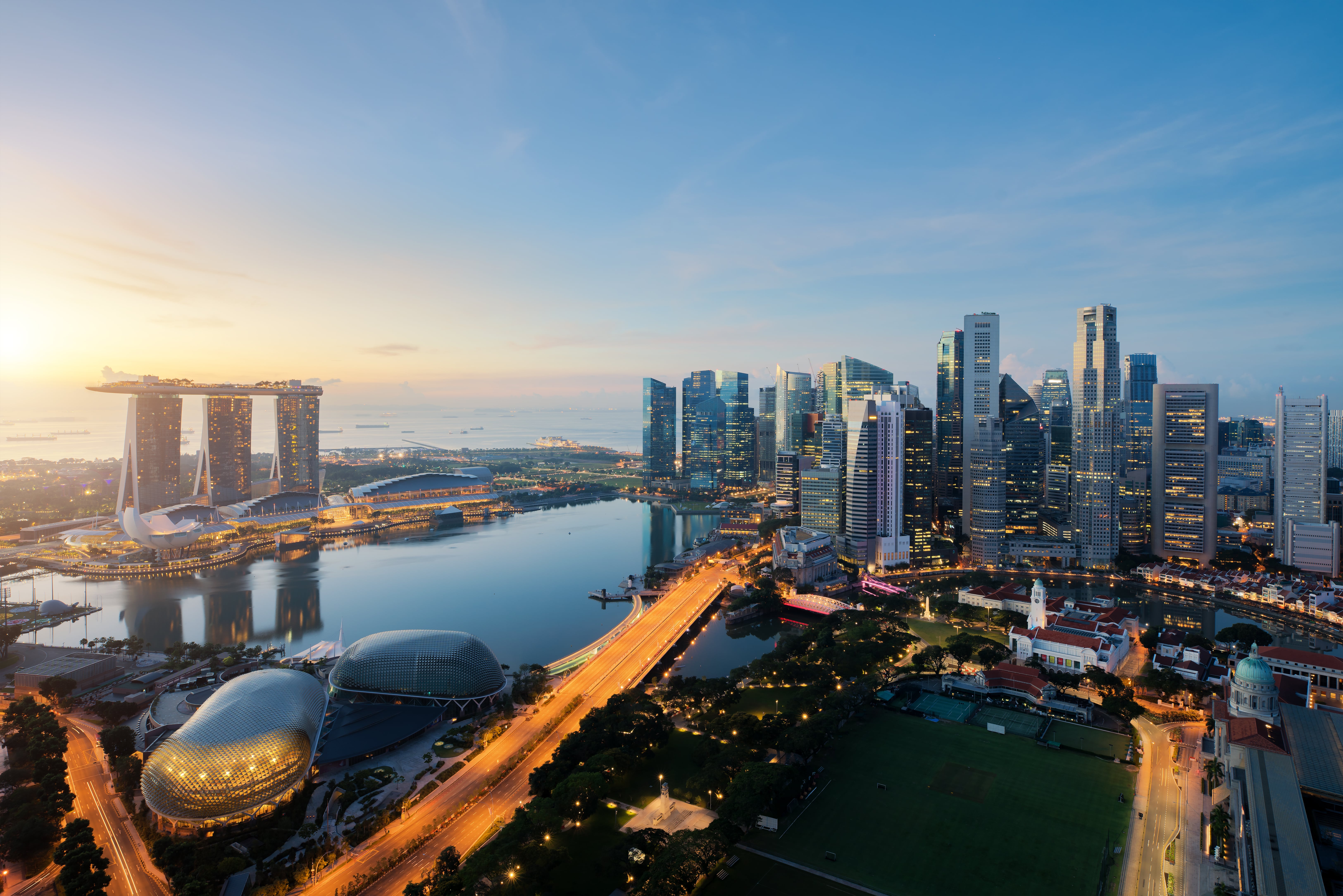
Singapore and the Gulf countries have spent the past two decades forging a relationship that began in oil and has equipped the tiny nation of Singapore with tools to secure its future on the world stage, a Khalifa University academic says in a new paper.
Dr. Li Chen Sim, Assistant Professor-Humanities and Social Sciences, outlines the growth of Singapore’s relations with the Gulf Region since the early 2000s in an August 2022 paper published in Asian Security.
Initially, Singapore’s interest in the Gulf was primarily based in trading oil, but its vulnerability endeavored it to further its foreign policy and decrease its vulnerability.
Singapore’s major vulnerabilities at that time lay in a lack of natural resources; its complicated history with neighboring countries; and its size — it is a tiny country with nowhere to retreat if attacked. These vulnerabilities prompted a growth in Gulf-Singapore relations that continues today.
The most significant step in building this relationship came in 2008 when Singapore became the first country to sign a Free Trade Agreement with the GCC. This agreement became active in 2013.
Initial relations were more Saudi-focused, but as the UAE became a major hub, its connection with Singapore developed. The relationship has grown in both services and trade, increasing from US$2.5 billion in 2001 to US$15.5 billion in 2019.
On the service front, Singaporean businesses have opened up shop in the UAE, and law and architectural firms have been set up to support these companies. Singapore has opened in Qatar a 15,000-square-meter facility that includes an international experience and entertainment-technology center, and Singaporean companies have built ships for the Omani navy, to name a few.
Politically, Singapore has been involved in counter-piracy actions in the Gulf. The Strait of Malacca in Singapore’s backyard is the most prominent region in the world for piracy, so Singapore has extensive experience in marine security.
Sim suggests that the future of the relationship between Singapore and the UAE is based in technology and green energy. Importing green hydrogen is one way for Singapore — which is home to major oil refineries and petrochemical plants — to reduce its carbon footprint. And with both countries’ interests in food security, their common shortfall in farmland has forged a symbiosis in AI-based farming.
“Using Singapore as a benchmark for learning and growing has developed into a relationship of growing together,” Sim says.
Maggie Kinsella
Science Writer
30 November 2022


